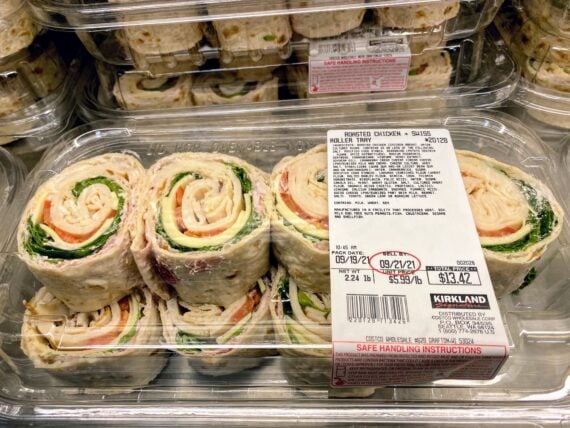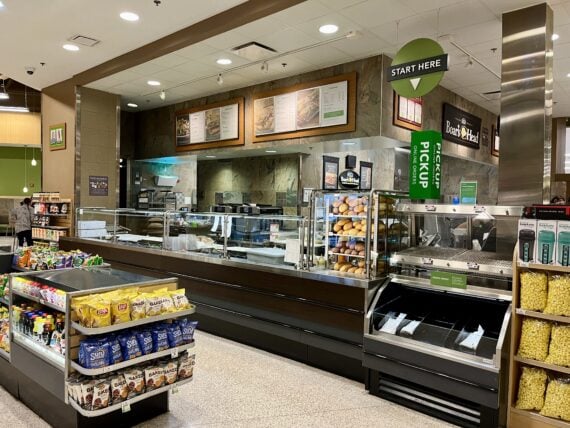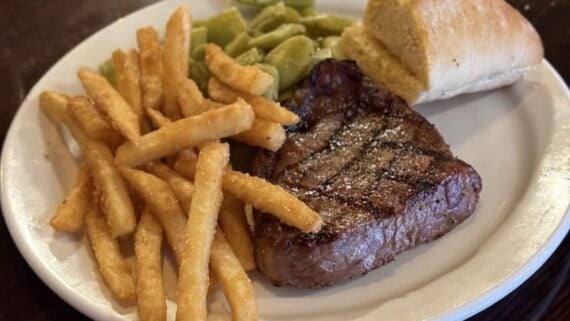We’ve all got our quirks about what we like to eat. In general, many of those eating habits are shared with members of your generation thanks to factors like the foods that were available when you grew up, dining-out trends over the years, and let’s not forget the awesome power of advertising.
Here are some of the worst eating habits Boomers often possess, but which can be difficult for other generations to understand.
(And before you start filling our inbox with hate mail, no, not all Boomers share all of these traits, and plenty of people of other generations may share some too.)
1. Thinking It’s Not a Meal Without Meat
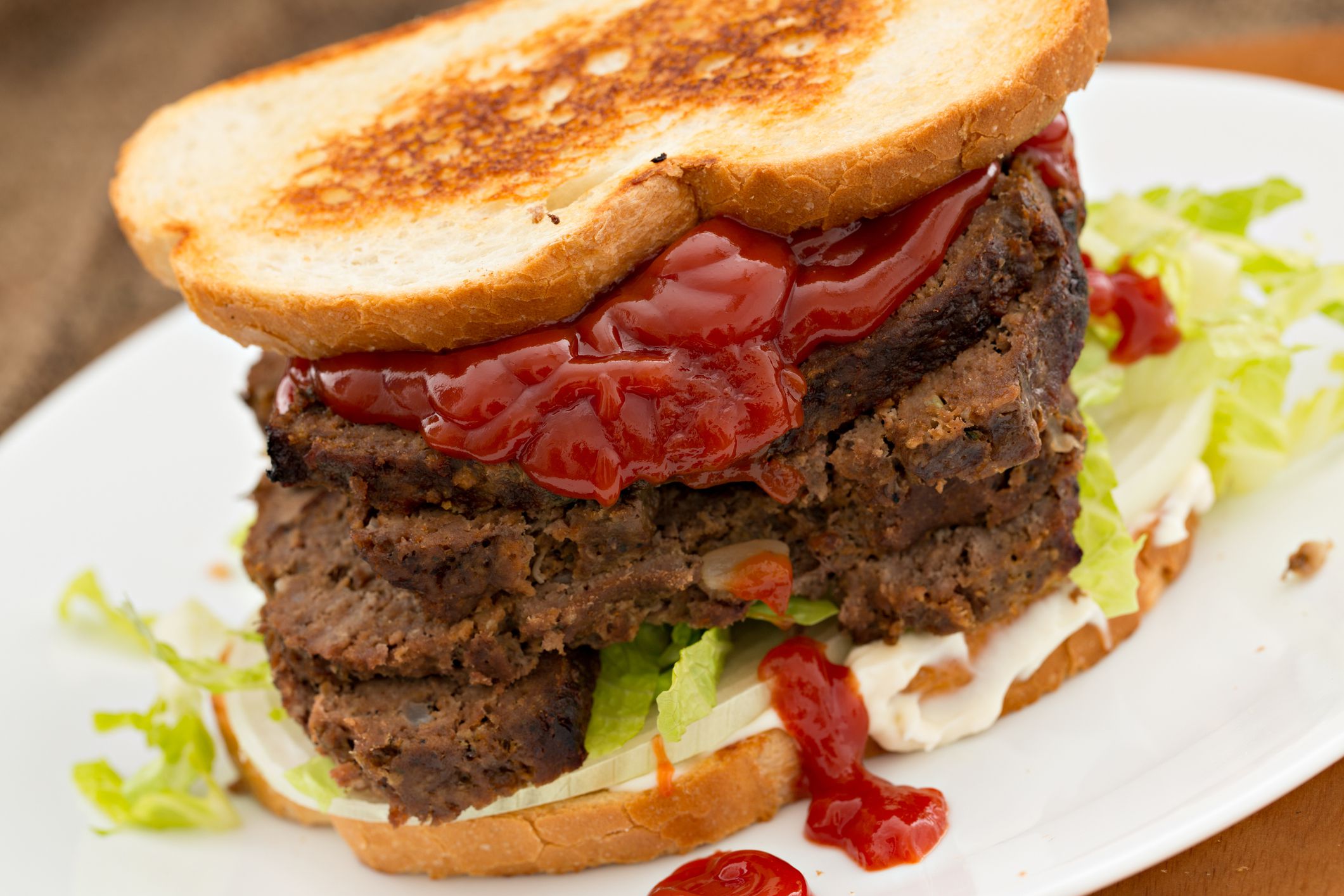
Boomers grew up eating a ton of meat, and some can’t seem to wrap their heads around a vegetarian or vegan meal. Beef eaters, especially, skew older and male, and as of last year ate the majority of the beef in the U.S. There are plenty of other protein options out there, from legumes to fish, but that doesn’t stop some Boomers from insisting on steak, burgers, and meatloaf multiple times each week.
2. Frequenting Chain Restaurants
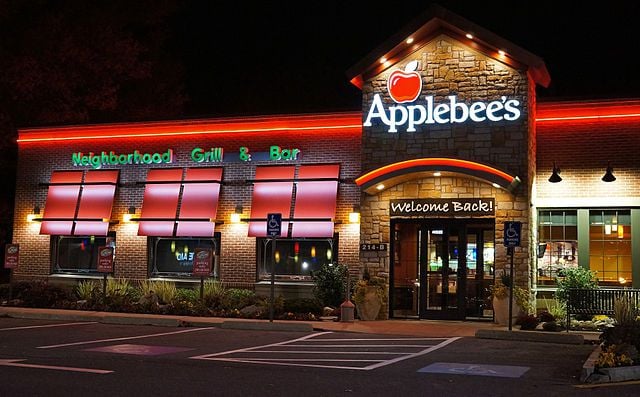
Younger generations will never understand the appeal of regularly eating at big corporate sit-down chain restaurants, something that Boomers seem to gravitate towards. Millennials have even been blamed for “killing” chain restaurants. But if that means crappy places like Applebee’s die out, then frankly, good on Millennials. Independent restaurants deserve everyone’s support more.
3. Cooking With ’50s Convenience Foods
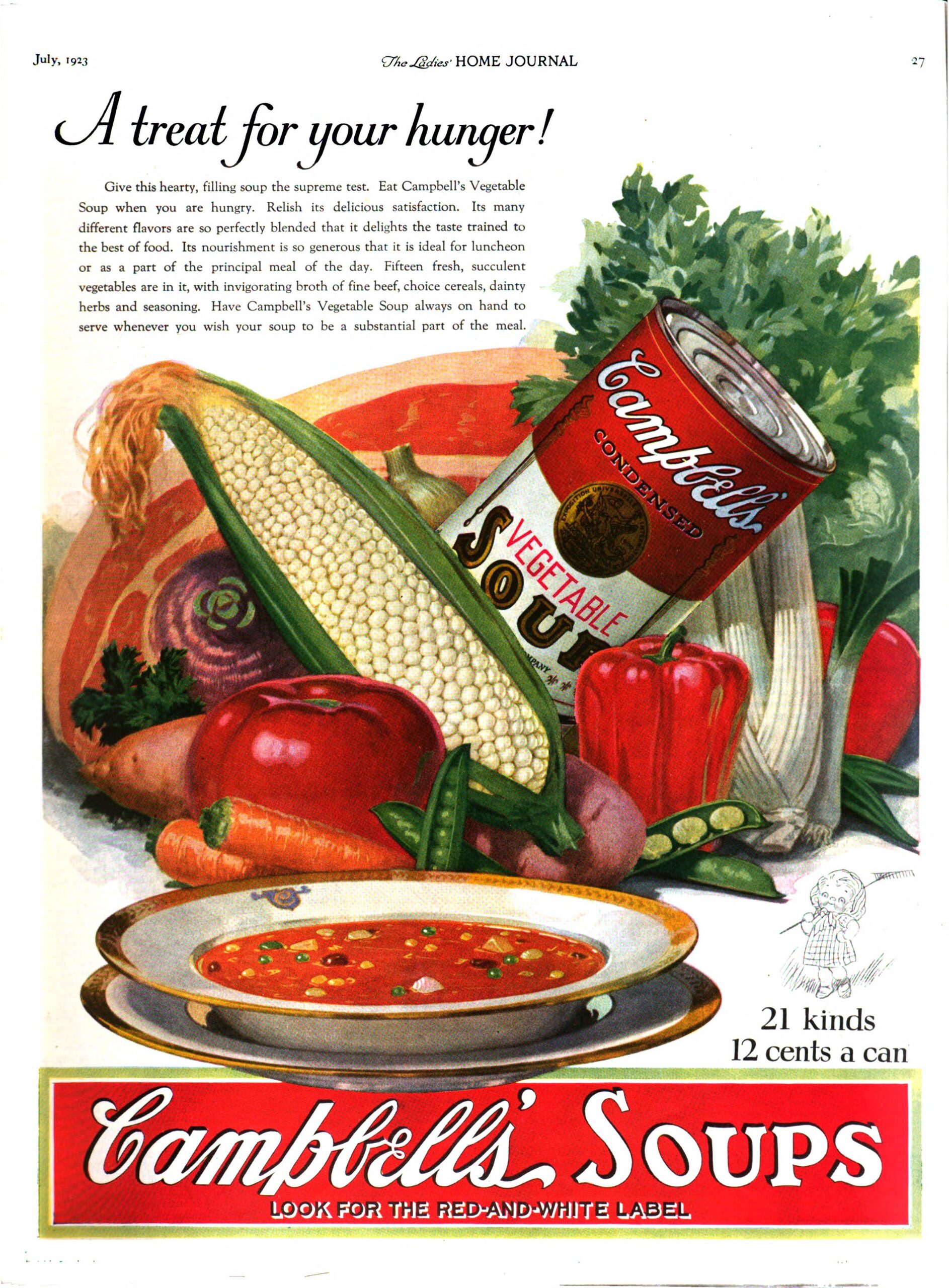
The post-World War II period in America saw the rise of highly processed convenience foods. Many Boomers latched on to some of them and have never let go, despite quality or health impacts. Canned cream soup is probably the most popular culprit, which goes into a ton of casseroles. Things like boxed cake mix, frozen fish sticks, and sodium-filled meal starters like Rice-A-Roni were all popular convenience foods of the time.
4. Eating So Many Canned Vegetables
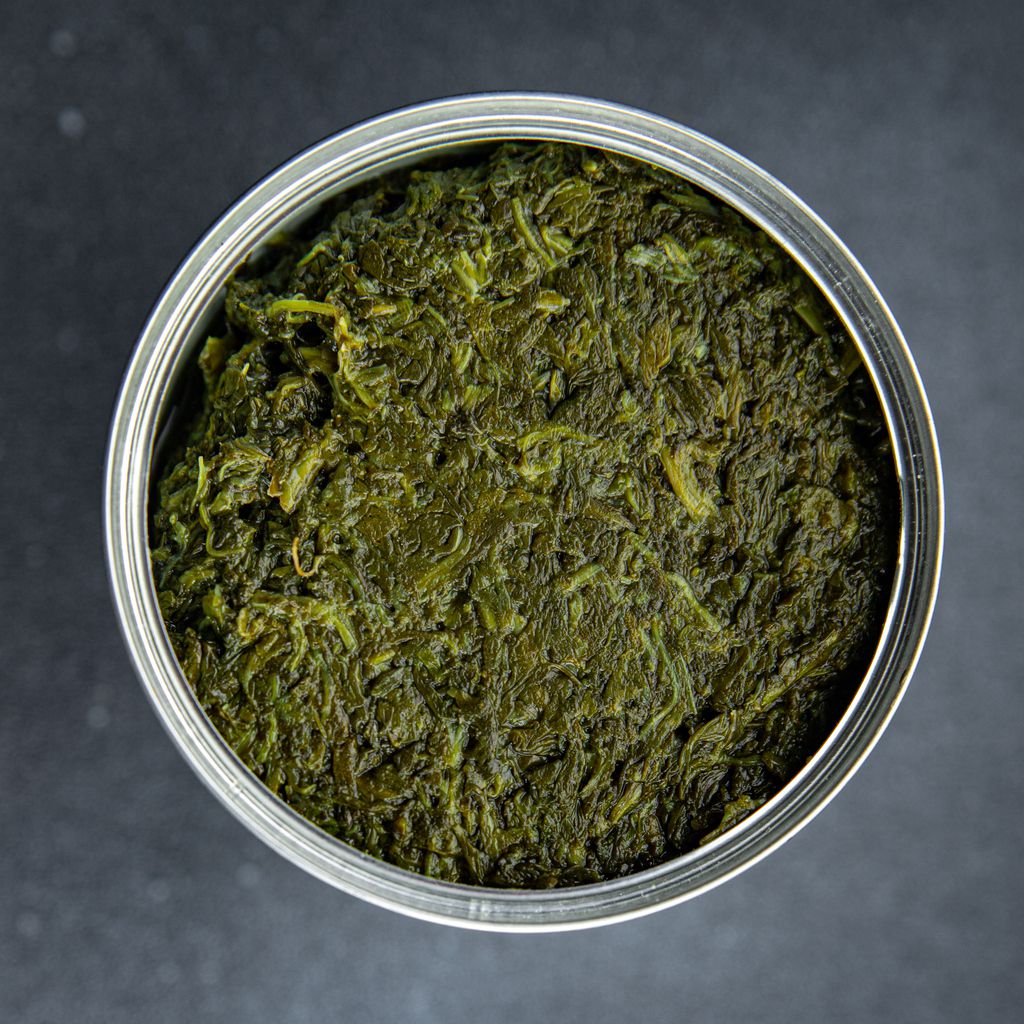
Fresh vegetables are amazing. But for some reason, many Boomers seem to prefer eating canned vegetables. Because of the high heat required for canning, they almost always turn out mushy and lose their color, especially when it comes to things like peas, asparagus, and spinach. Frozen is a much better choice, and fresh is the best.
5. Ignoring Food Safety Guidelines

We’ve all known Boomers who do very questionable things related to food safety, like eating out of a pot of soup on the stove for days, leaving the mayo-filled potato salad out at the potluck for hours on end, or washing raw chicken. If you point out that things like that could get people sick, they usually say, “Well, that’s how my mom did it and we never got sick!” That’s just called being lucky, Mom.
Trending on Cheapism
6. Eating Huge Breakfasts
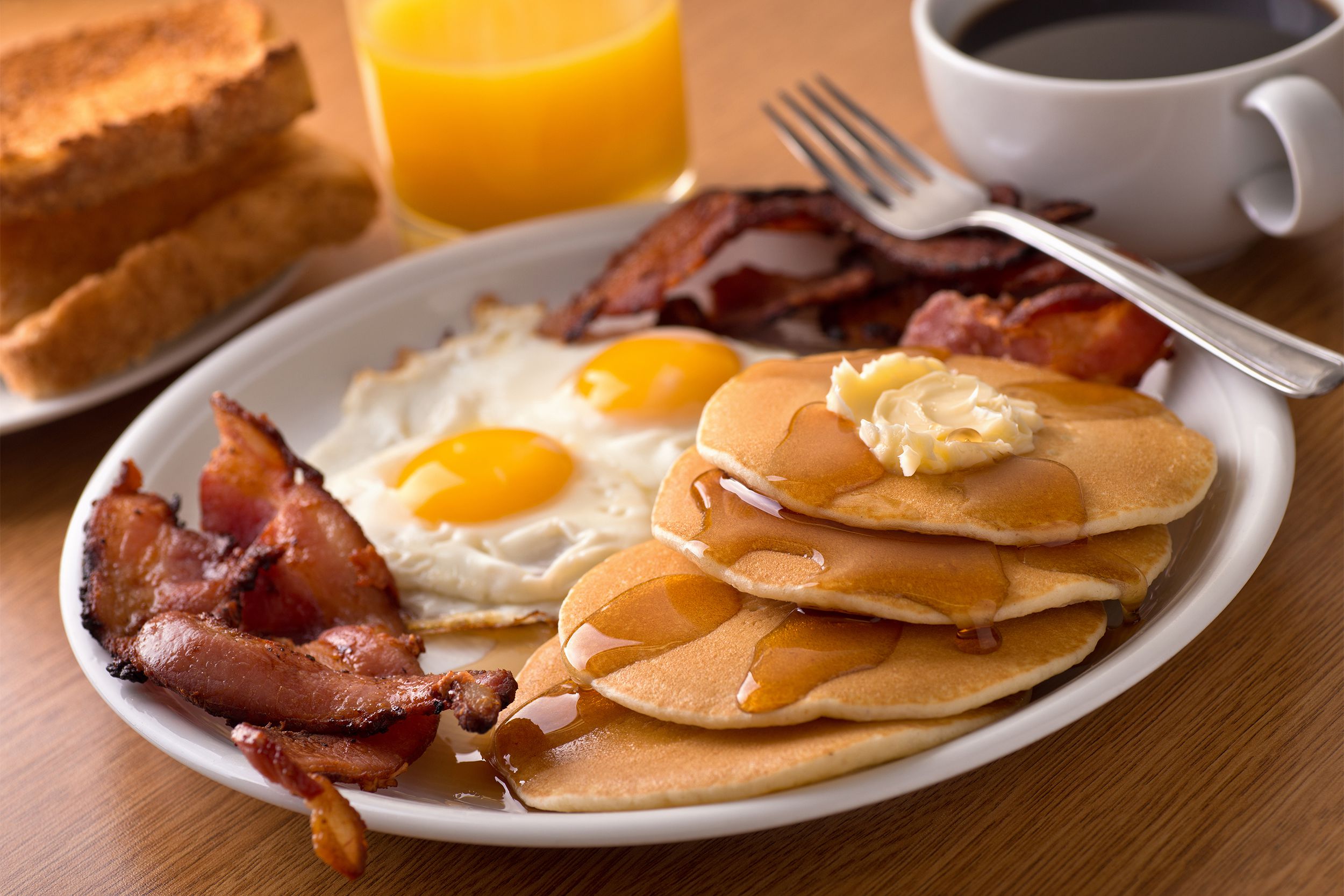
“Breakfast is the most important meal of the day” is an old adage that Boomers seem to love repeating. There are no health benefits to back that up. Considering the phrase is usually used as an excuse to eat a large, filling breakfast that may be full of meat, simple carbohydrates, and cholesterol, it might actually be harmful. Younger generations tend to eat more intuitively for breakfast, and branch out from typical American morning foods.
7. Overcooking Vegetables
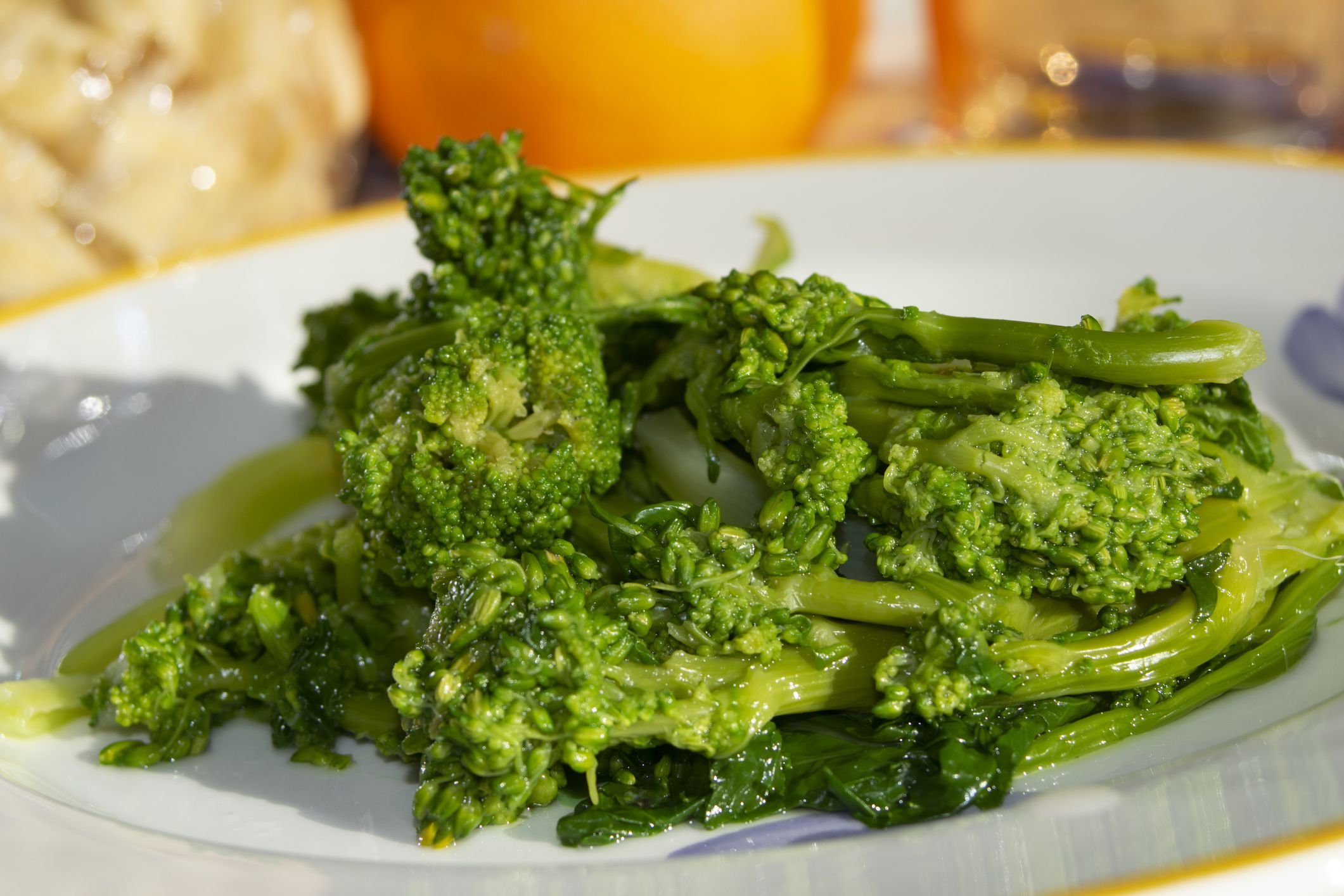
So, so many children of Boomers thought that they hated vegetables because their parents overcooked them to death. Whether the vegetable started out canned, fresh, or frozen, they were often cooked until they were total mush and all bright color and flavor had been sucked out of them. It’s often a revelation to eat vegetables on their own and realize that they like them when they’re well-prepared.
8. Not Tipping Enough
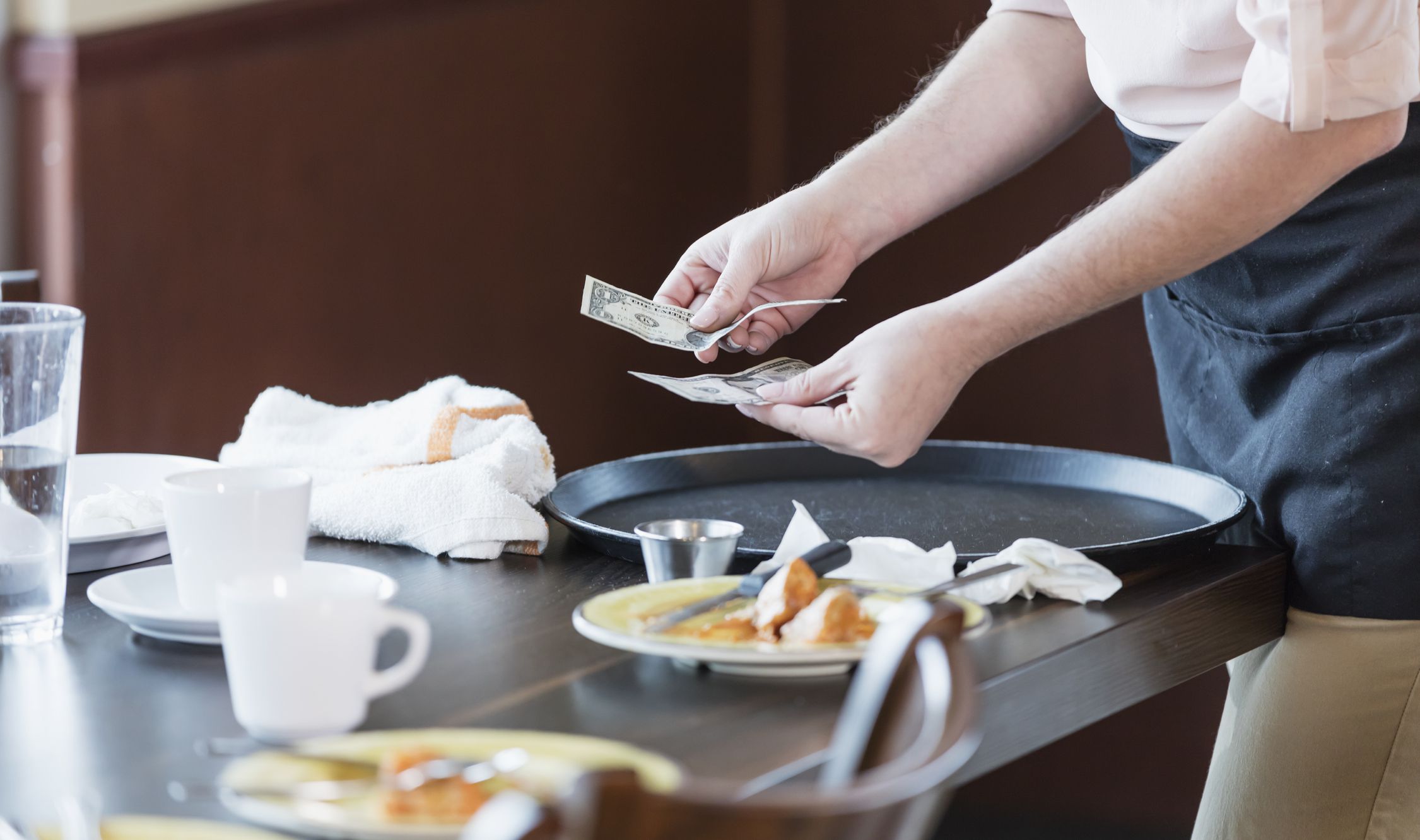
It always seems like the first people to complain about tipping at restaurants are Boomers. They’re less likely than Millennials and Gen Xers to tip well, according to a recent survey of restaurant workers. But servers are dependent on tips for the majority of their income in the U.S., so not tipping at least 15% seems rude.
Sign up for our newsletter
9. Requiring Bread at Every Meal
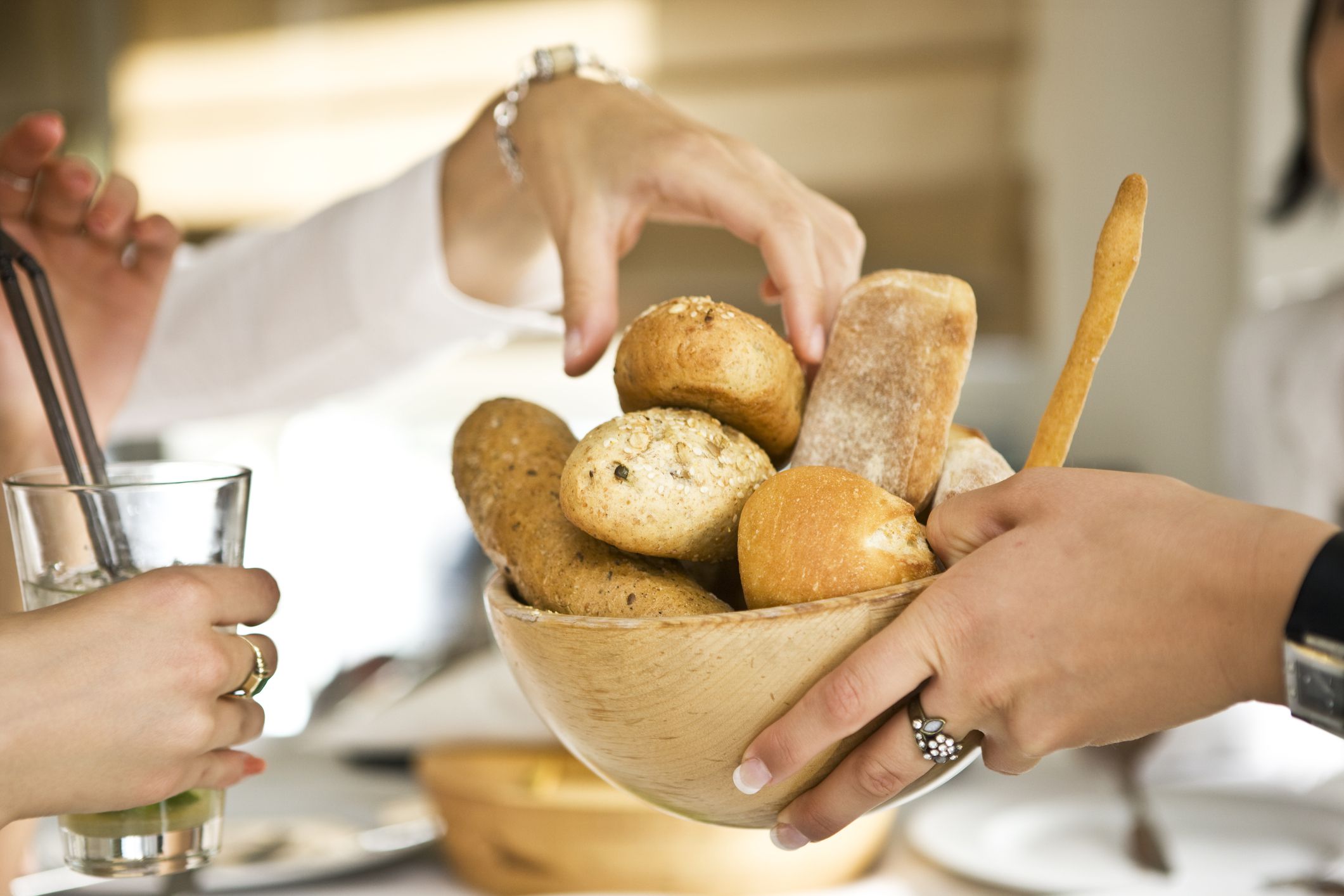
Some Boomers seem to think that a meal isn’t a meal without bread of some sort — preferably in the form of a free bread basket. Carbs are great, but there’s plenty of variety to explore. Do you really need breadsticks on the side of your pasta? Or rolls with your steak and baked potato?
10. Making Kids Clean Their Plates

There’s no reason to force children to finish everything on their plates if they’re full. Doing so only teaches them to ignore their own body’s signals and please adults, according to the Mayo Clinic. The habit might have been borne out of times of scarcity, but there’s nothing wrong with saving some leftovers to eat later rather than forcing kids to eat more.
11. Over/Underseasoning Everything
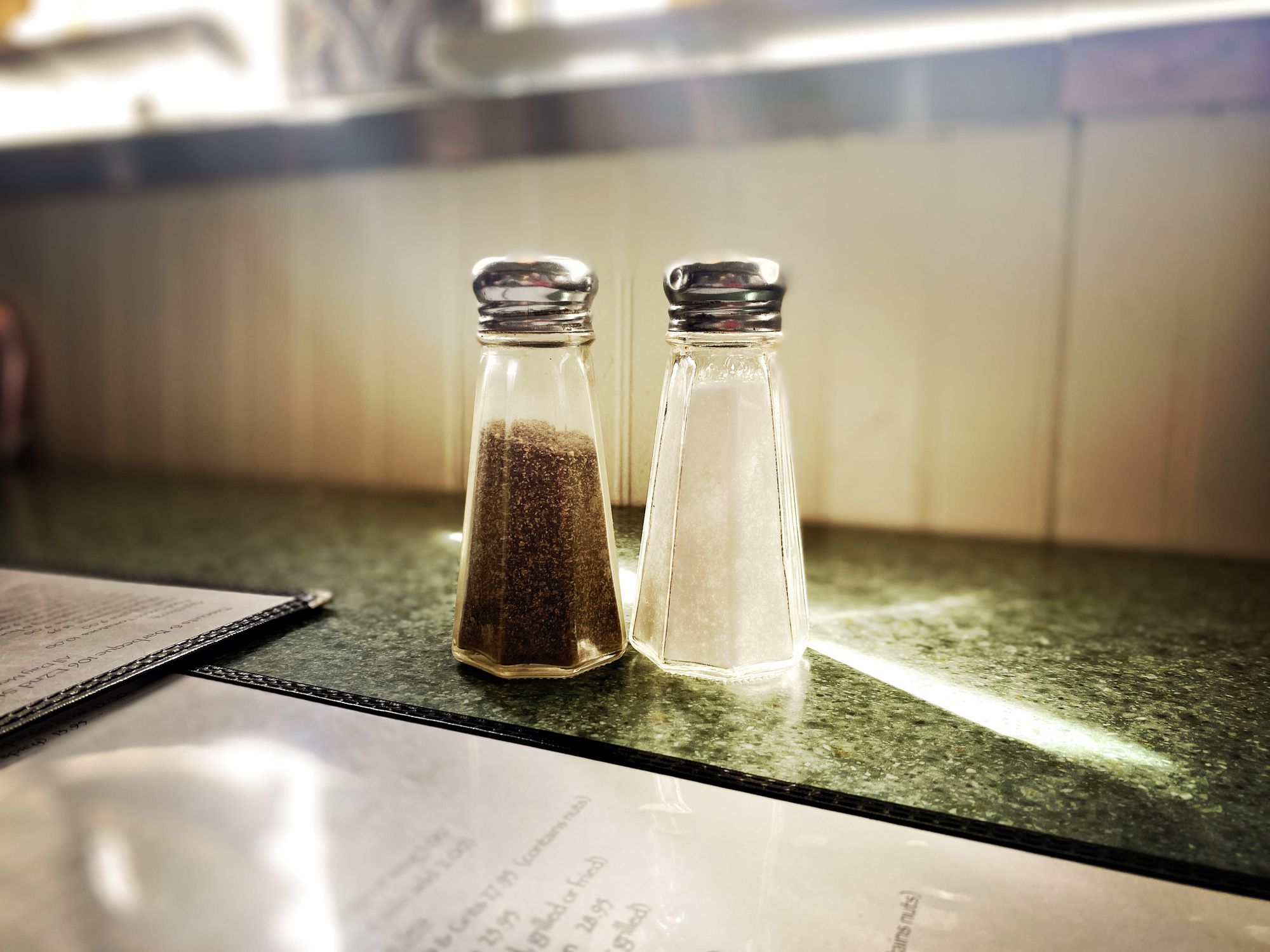
Taste buds change as you age. The number decreases, and the ones that are left usually don’t work as well, according to the Cleveland Clinic. That leads to Boomers over-seasoning everything if they’re trying to compensate, like how some reach for the salt shaker before even trying a dish. On the flipside, some Boomers go the opposite direction, and think everything is too spicy, or too salty, which leads to eating only really bland foods.
12. TV Dinners
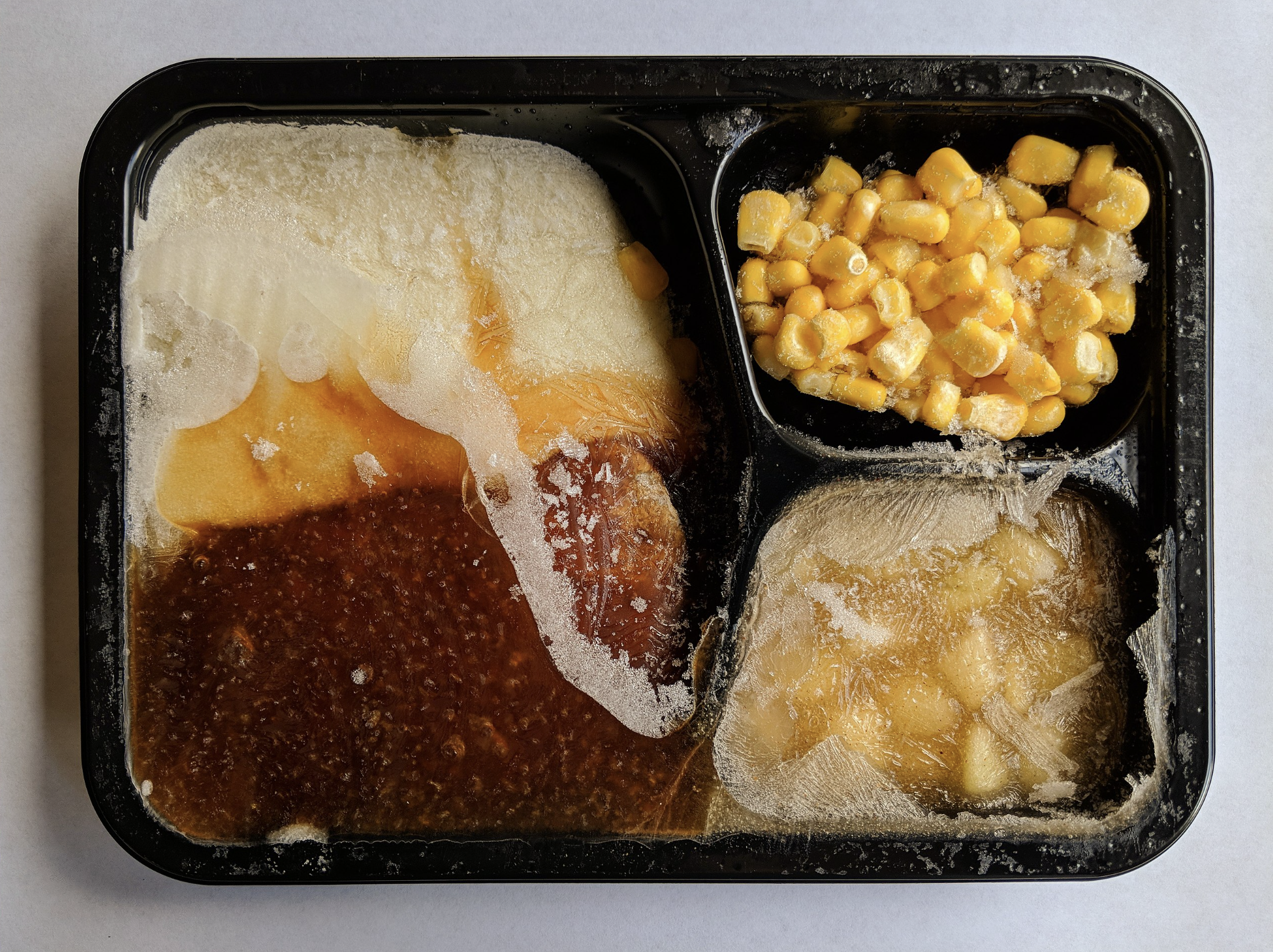
Frozen TV dinners are only one thing: convenient. Otherwise, they taste terrible, they look worse, the textures are totally wrong, and they’re not cheap, either. You’re better off slapping together a PB+J than pulling one of these out of the freezer.
13. Being Afraid of New Foods
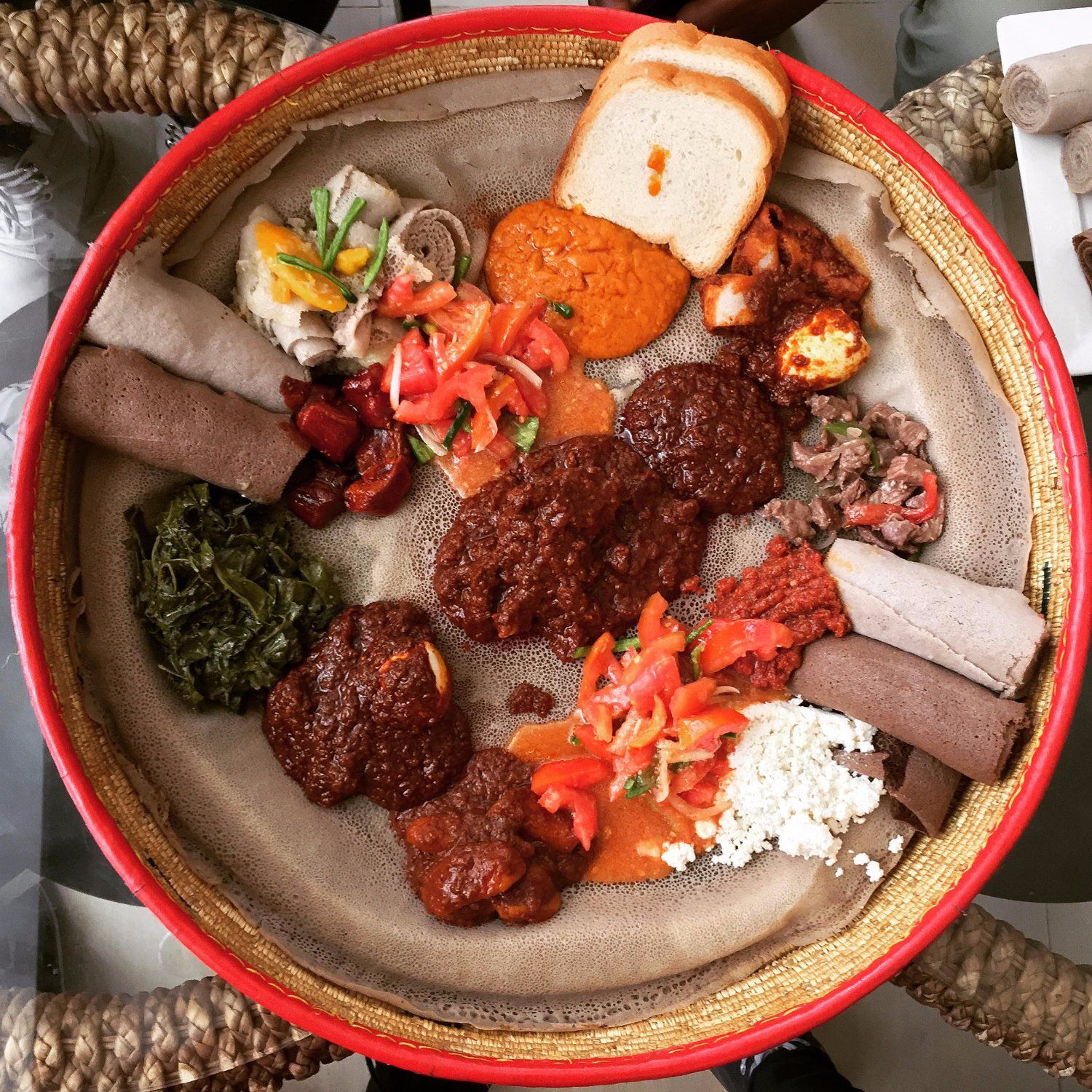
It can sometimes seem like Boomers are stuck in their ways. Persuading them to try new foods can be difficult, especially if it’s something unfamiliar. There are some who think all “ethnic” cuisine is exotic and even scary just because they’re not familiar with it. It’s always a bummer when you love a food so much that you want to share it with Boomer loved ones, but they refuse to even try it.
14. Insisting Everyone Has Their Own Entree

American dining habits dictate that everyone orders their own entree. But that’s not how many cultures outside of the U.S. eat, and the change is spreading here. Small-plates restaurants have been trendy for so long that they’re typical now, where the table orders a bunch of small portions and shares. And family-style eating, like what’s typical in Chinese restaurants, is becoming more popular, too. What’s not to love about trying lots of different foods during your meal?
15. Ordering Steak Well-Done
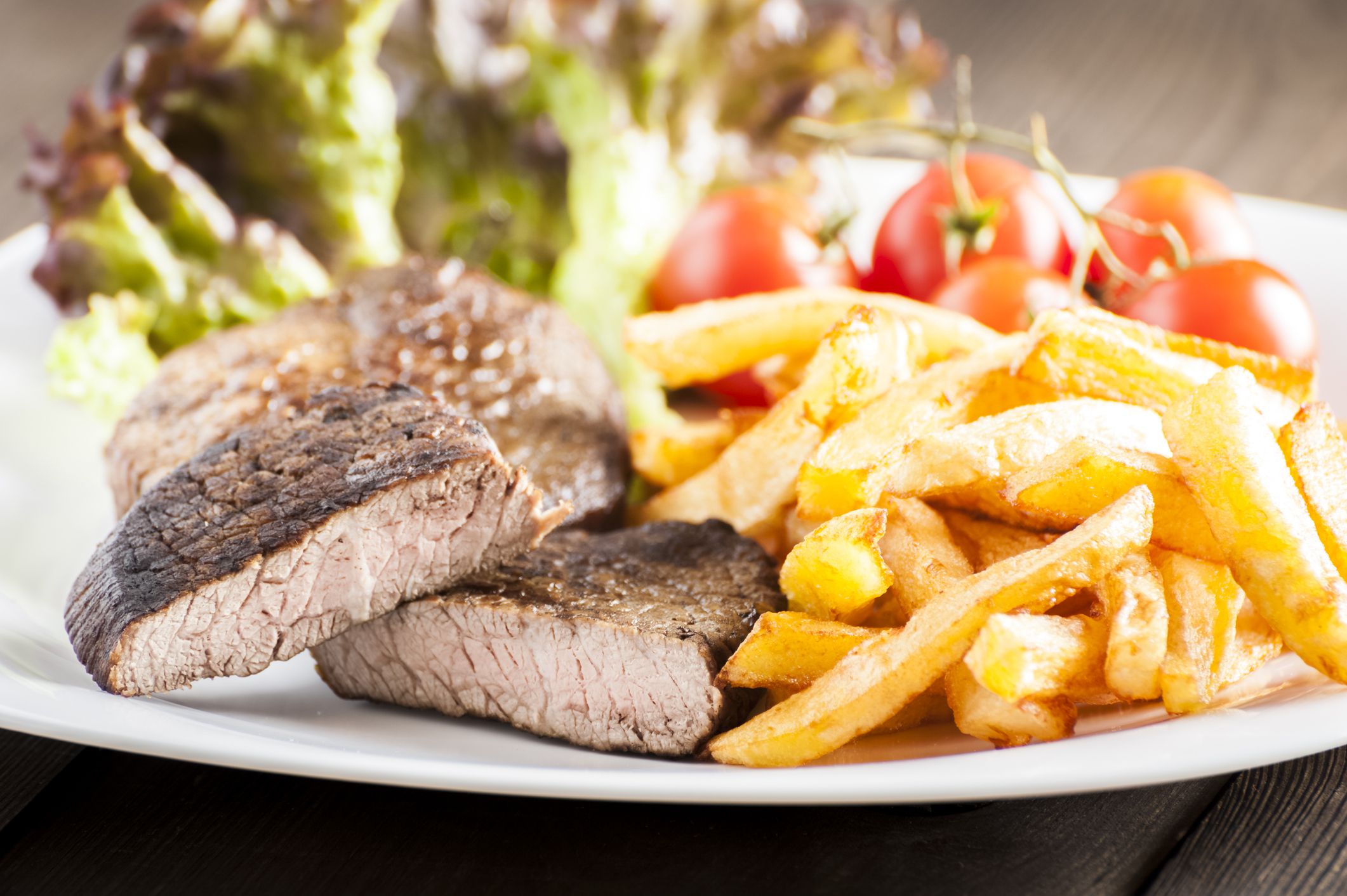
There’s a reason why so many steakhouse restaurants will refuse to cook a steak past medium-well, or put a disclaimer on the menu that “we are not responsible for well-done steaks.” Somehow, many Boomers will order their expensive steak well done, then complain that it’s tough or dry. Not only is the restaurant staff annoyed with you, but the rest of your group probably is too.
16. Eating the Same Things Over and Over

People are creatures of habit. That’s especially true for Boomers when it comes to what they choose to eat. You often hear that they prepare the same meals over and over again at home, and never stray from their go-to order at favorite restaurants. What’s the fun in that?
For more great food stories, please sign up for our free newsletters.


